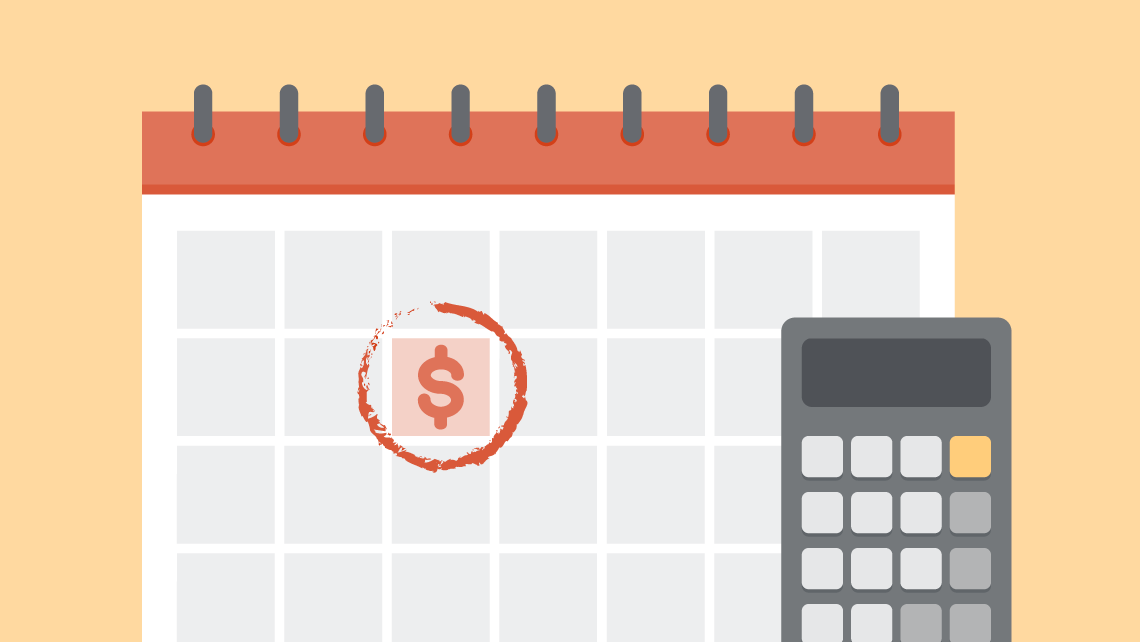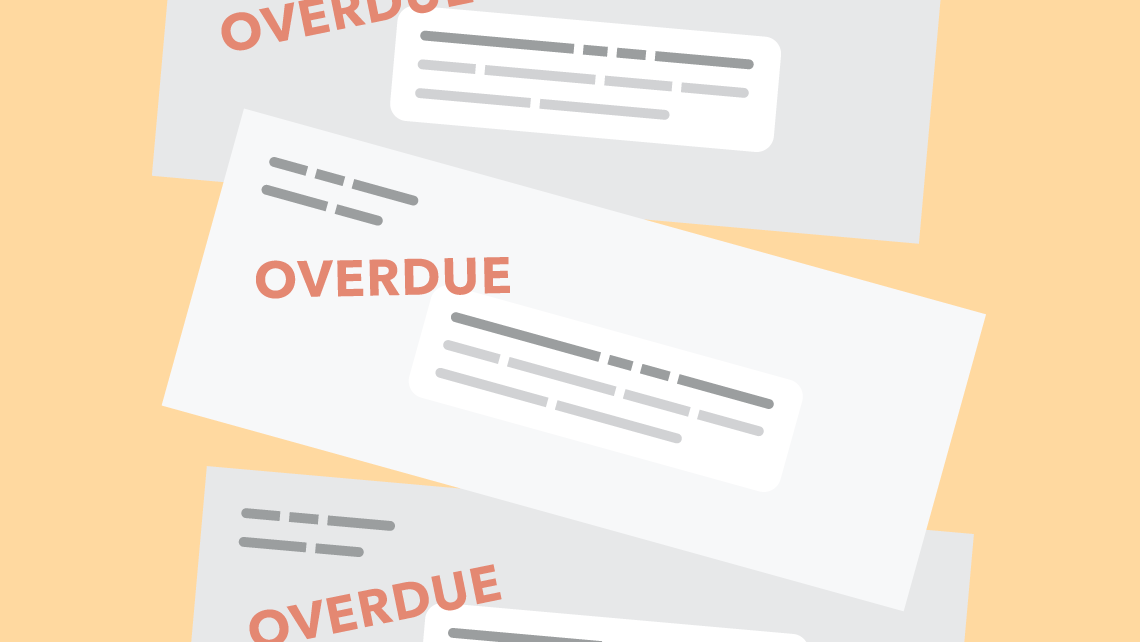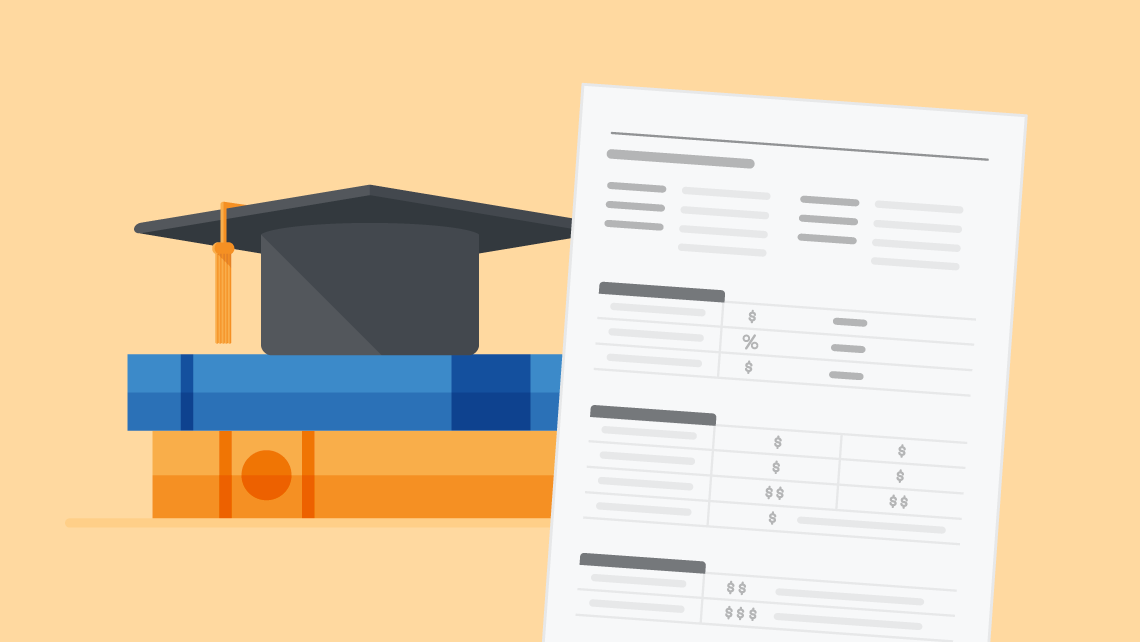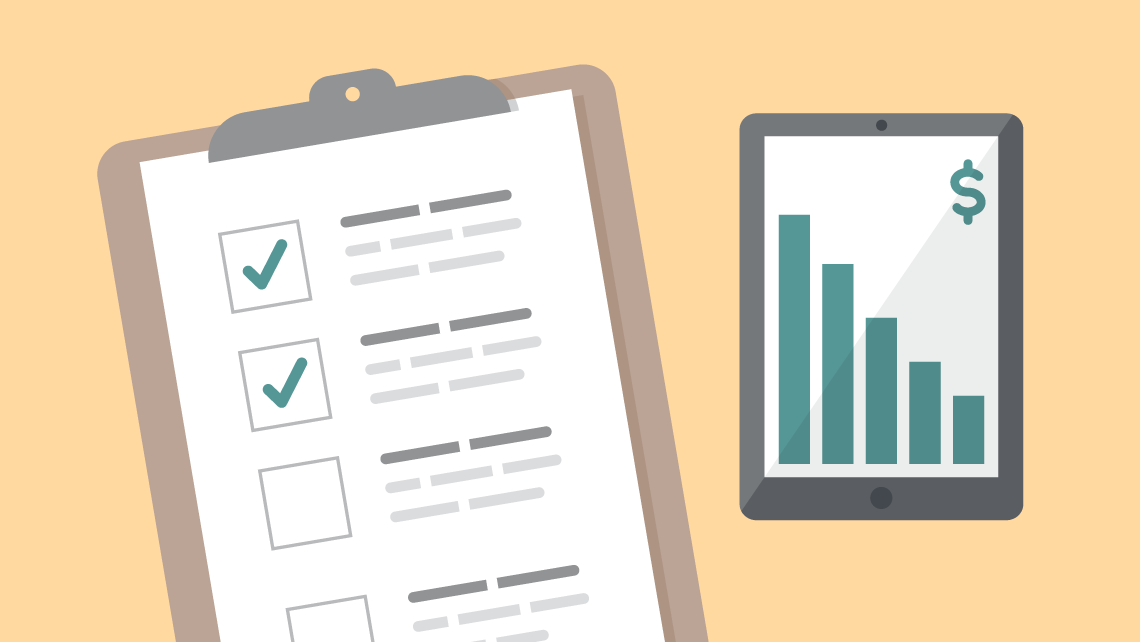Options for repaying your private education loan
It takes a plan to pay off your student loans. With private student loans, your options will depend on the lender and loan agreement.
Find answers for your situation:
What if the payments on my private education loans are too high?

You are not alone. You have options to improve your situation, but it's important to act quickly.
First, ask about lower payments
Start by figuring out what you can pay. Private student loan lenders are not required to offer you any relief, so you may need to show proof. But reputable private student lenders will work with you to make a plan to stay out of default. Write up a budget that cuts back on other expenses where you can. Gather documentation like pay stubs, bank statements, and bills.
Call and ask if they offer options for reducing your payment. (There should be a customer service number on your bills.) For example, an extended repayment plan that requires you to pay for additional months or years will cost you extra interest overall.
You may find it easier to send an email or letter instead of calling. You can use this template of a request for reduced payments.
Understand the potential consequences of this relief
Here are some questions to ask your servicer before committing to any changes:
- Will I be charged any sign-up fees? Is any paperwork required?
- When will this start? Do I need to make my next payment?
- How long will this last? If I still can’t afford my payments when this relief ends, can I request an extension?
- How much extra interest will this cost me in the long run?
If your servicer is only offering to pause or postpone payments, also known as forbearance, then you may want more information:
- Will interest continue to accrue during the forbearance?
- Will interest be capitalized when the forbearance ends? (Capitalization adds the interest to the principal balance, meaning you will pay interest on interest.)
- How will the missed payments be made up? Will my monthly payment go up or will I keep making payments beyond my original payoff date?
Let your co-signer know if you’re struggling
If a parent or other family member is on your loan, let them know if you are in danger of missing payments. Any missed payments could hurt their credit, too.
Next, avoid risks and wasting money
- Get everything in writing
- Get free, qualified help from credit counseling organizations (not to be confused with credit repair companies).
- Don’t use other debt, like credit cards or home equity loans, to pay off your student loans. Learn other ways to avoid scams and wasting money.
- Know where to turn if you run into problems with your student loan servicing.
Explore other situations
How do I get my private student loan out of default?

It may feel stressful, but you have options for regaining control of your loans.
First, start finding out your options
If you’ve gotten a notice from a debt collector, you’re not alone. This is called default. Many private student loans go into default as soon as you miss 3 monthly payments.
Once the debt collector has proven that you owe this money, ask your lender or servicer about options for getting out of default. They will vary depending on the lender and terms of the loan. For instance, you may be able to set up a payment plan. Learn about your other rights in debt collection.
Tell your co-signer, if you have one. Let them know the loan is in default and what you’re doing about it. The default will show up on their credit report, too.
Act quickly. The sooner you get out of default, the sooner you can halt consequences like collections fees and harm to your credit.
Next, find help and avoid risks
- Get everything in writing
- Get free, qualified help from credit counseling organizations (not to be confused with credit repair companies).
- Don’t use other debt, like credit cards or home equity loans, to pay off your student loans. Learn other ways to avoid scams and wasting money.
- Know where to turn if you run into problems with your student loan servicing.
Explore other situations
What's the best way to start paying my private student loans?

Set yourself up for success! You may be able to save yourself time and money in the long run.
First, understand how student loans fit into your finances
If you haven’t already, put together a budget and choose a debt strategy. By scrutinizing your spending, you may be able to squeeze in some extra loan payments and get out of debt faster.
See if automatic payments will reduce your interest rate. Many student loan lenders will reduce your interest rate by 0.25% if you set up direct debit. If you allow your payment to be taken automatically from your bank account each month, you could pay 3.25% instead of 3.5%, for example.
Inform your servicer if you are a servicemember. Servicemembers are entitled to have their interest capped at 6%. Learn more about your rights as a servicemember
Next, find ways to save over the long term
- Consider refinancing your loans.
- Find out when you can apply for co-signer release.
- Find other ways to avoid scams and wasting money.
Explore other situations
- See tips to pay off your student debt faster
- If you're in the military or work for a government or nonprofit organization, learn about public service loan forgiveness
- Have another type of loan? Review options again for more advice
What’s the best strategy to finish paying off my private student loans?

Congratulations on your progress so far! You may have options to make debt repayment easier and cheaper for you in the long term.
First, make sure you’re not wasting time or money
Here are some ideas, starting with the simplest:
- Enroll in autopay. Many servicers will reduce your rate by 0.25% (for example, from 3.5% to 3.25%) if you have your payment taken directly from your bank account each month.
- Understand how your student loans fit into your larger financial goals. Explore strategies for reducing debt and make a budget. You may be able to afford extra payments and get out of debt faster. This will ensure that you get the full benefit.
- Look into better terms for your debt. Shop around to refinance into a lower interest rate. Or ask if you can apply for a co-signer release.
Next, avoid unnecessary risks
Think carefully before using a cash-out refinance of your mortgage to pay off your student debt. The interest rate may be lower, but your mortgage payment will increase. Your home could be at stake if you struggle to make those higher payments later on. Learn more about how to avoid problems and wasting money.
Explore other situations
- See tips to pay off your student debt faster
- If you're in the military or work for a government or nonprofit organization, learn about public service loan forgiveness
- Have another type of loan? Review options again for more advice
